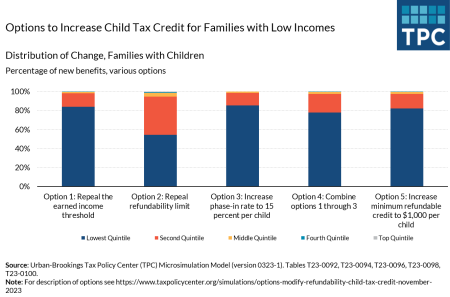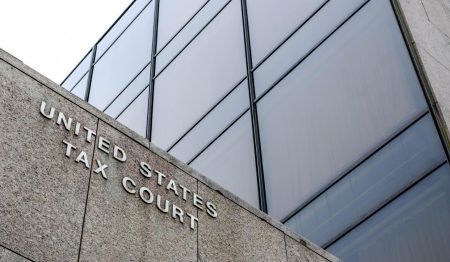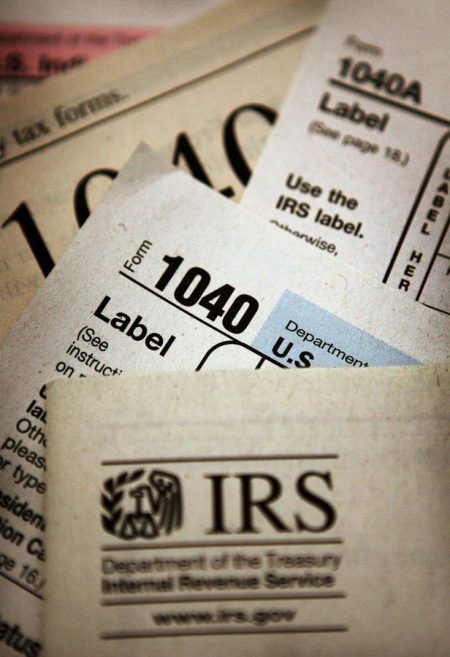Rewards earned from staking cryptocurrency are to be included in a taxpayer’s gross income when received. For those who follow the taxation of digital assets, the position taken in IRS Revenue Ruling 2023-14 comes as no surprise. The ruling formalizes the position the IRS has taken at least since the Jarrett case. The Jarretts’ argument in their case was that the rewards they earned for staking their cryptocurrency should not be taxed when they were received, but rather when those rewards were sold.
The result of the case was that the IRS issued the Jarretts their refund and the case was dismissed. While many in the crypto community took the IRS’ issuance of the refund and the subsequent dismissal of the Jarretts’ case as a win for cryptocurrency stakers, those familiar with foundational tax principles remained skeptical.
IRS Notice 2014-21 clearly states that cryptocurrency trades are to be treated as property and reported in a manner similar to other capital gains transactions on Schedule D—but staking isn’t the same as trading. When a taxpayer stakes their cryptocurrency they are, in a manner of speaking, loaning it to the blockchain to validate transactions that result in new cryptocurrency in the “proof-of-stake” model.
The Jarretts’ argument that the tokens they received were newly created property that should be taxed only upon sale has, to tax traditionalists, always been spurious. The Jarretts used the analogy of baking a loaf of bread to argue their case. When a baker uses their ingredients to create a loaf of bread, the bread is only taxed when it is sold—not when it is created. According to the Jarretts, their staked cryptocurrency was an ingredient that resulted in newly created cryptocurrency and that newly created cryptocurrency should be taxed only at its sale. While the use of the Jarretts’ staked cryptocurrency did result in newly created property, unlike a baker making a loaf of bread, they did not create the property—it was created by the blockchain.
“They were being compensated for their services of maintaining the blockchain by agreeing that their property could be used as collateral” cryptocurrency taxation expert Matt Metras told me in an interview. Metras, an enrolled agent who practices in Rochester, New York went on to say, “Because they were being compensated for the use of their property—it was rental income at best.”
The ruling notes that according to Section 61 of the Internal Revenue Code, gross income includes all income from whatever source derived unless a specific exception exists. No such exception exists for staking cryptocurrency. Further, the ruling states that staking income represents an accession to wealth, clearly realized, over which the taxpayer has complete dominion and control as defined in the precedential Glenshaw Glass case.
According to the ruling and the foundational tax principles in which it is grounded, staking rewards must be included in a taxpayer’s gross income when they are received and when the taxpayer has complete dominion and control over the rewards. In other words, staking rewards must be included in income not when a taxpayer sells them, but when the taxpayer is able to sell them. The ruling also notes the amount of gross income to be included on the taxpayer’s annual Form 1040 would be equal to the fair market value of the cryptocurrency rewarded at the date and time the taxpayer gains dominion and control over the rewarded cryptocurrency.
Matt Foreman, a partner at Falcon Rappaport & Berkman, LLP in New York City stated in an interview, “I think RR 2023-14 does little more than confirm the IRS’s position and provide support for when they seek penalties going forward.” Foreman was also pleased that the ruling noted a handful of related, but as yet unaddressed, issues (e.g., treatment of gas fees and issues arising under IRC Section 83, which deals with receiving property as compensation for providing services). Foreman said he feels by noting the unaddressed issues the IRS is signaling its intent to provide more guidance, “Which I hope will be released in earnest in the coming weeks and months.”
Read the full article here








